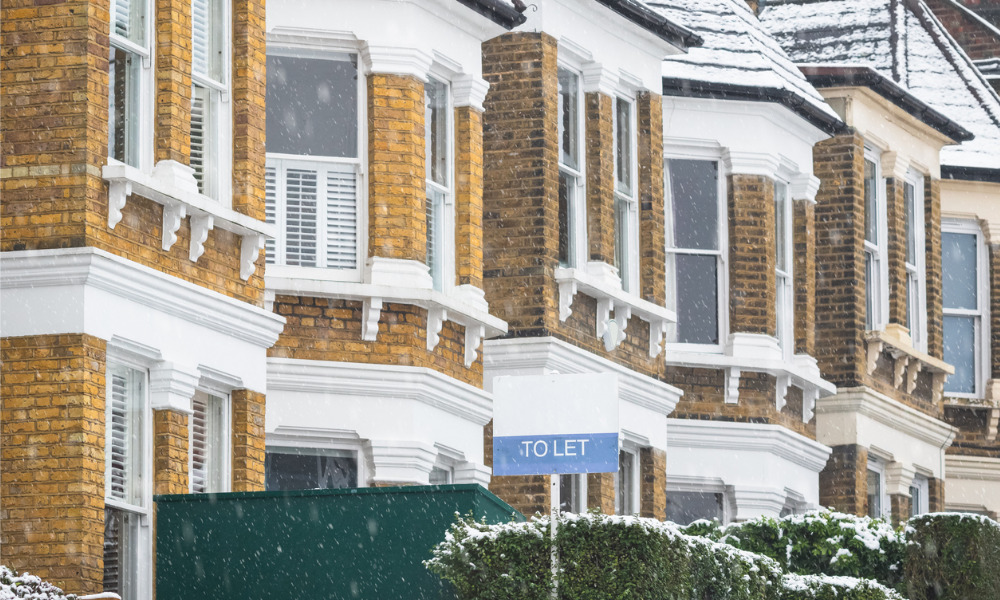Capital city ranked as one of the world's least financially viable

A new study has ranked London as the least financially viable city in the UK as people renting in the capital were left with £1,071 worth of debt per month, or a total of almost £13,000 per year, after paying all their rent and bills.
The study published by insurance agency CIA Landlords showed that while the average salary per month after tax was at £3,196 in London, the average cost of renting a three-bedroom apartment inside the city centre was £3,413 and the average cost of living per month was £854, resulting in a deficit of over £1,000 per month.
However, if renters move away from the centre and opt for a three-bedroom apartment outside the city centre, they can be left with money to spare at the end of the month. The average monthly rent there is £1,292 less, meaning renters will be left with £220 of their monthly income after bills.
Read more: Hamptons: Inner London rents up 3.9%.
London, according to the same study, is one of the world’s least financially viable cities, placing second to Rome in the list.
Meanwhile, Birmingham is revealed to be the second least financially viable city in the UK, with renters ending up having £238 worth of debt per month after paying the bills.
Read more: Average UK rents reach 13-year high.
Derby, meanwhile, is the most economically viable city in the UK, with renters having a remaining income of £1,171 after paying their outgoings. It is second in the list of most financially viable cities to live in the world, after Bern, Switzerland.
Two other UK cities – Coventry and Stoke-on-Trent – made it to the top five cities for leaving workers with the highest disposable income, suggesting that while London and Birmingham may leave people in debt, the rest of the UK offers workers a level of financial security.
CIA Landlords said that while there is more awareness around the cost-of-living crisis, there is evidently a gap between salaries and bills, and this exists not just within the UK, but also across the world.
In order to conquer this, it said, more needs to be done in relation to ensuring that workers can effectively manage their income and outgoings, whether that be increasing salaries or reducing rent to ensure they can break even per month.
The study was made using data collected from city-specific pages on Numbeo, combined with population data from Our World in Data.



